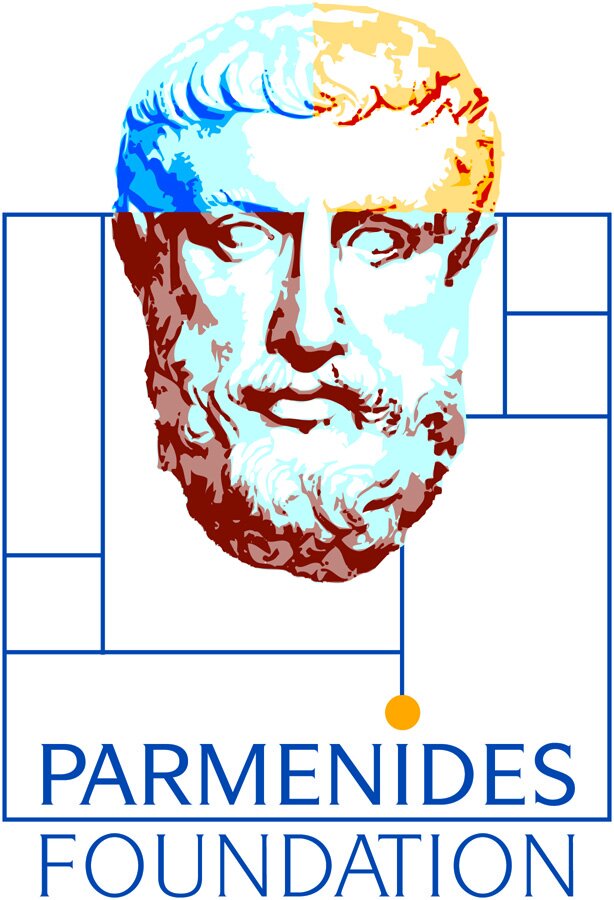Dr. Michael Öllinger
Michael Öllinger studied psychology at the LMU Munich and participated in the Graduate Program of the Max Planck Institute for Human Cognitive and Brain Sciences under the supervision of Prof. Wolfgang Prinz and Prof. Dr. Günther Knoblich. He worked as a research scientist for the MPI and is a lecturer at the LMU at the Department of General and Experimental Psychology. From 2006 onwards he has been a research scientist at the Parmenides Center for the Study of Thinking. His main interest is the understanding of human thinking from a psychological point of view. Conducting behavioural and physiological experiments, he does research in the fields of insight problem solving, the understanding of causal reasoning and categorization, as well as the development of cognitive theories that conceptually incorporate behavioural and neurocognitive findings. Furthermore, he is interested in the developmental aspects of the researched thinking abilities from a longitudinal as well as from a cross sectional perspective.
Selected Publications
Öllinger, M., & von Müller, A. (2017). Search and coherence-building in intuition and insight problem solving. Frontiers in Psychology, 8.
Öllinger, M., Fedor, A., Brodt, S., & Szathmáry, E. (2016). Insight into the ten-penny problem: guiding search by constraints and maximization. Psychological Research, 1–14.
Danek, Amory H., Wiley, Jennifer, & Öllinger, Michael (2016) "Solving Classical Insight Problems Without Aha! Experience: 9 Dot, 8 Coin, and Matchstick Arithmetic Problems", The Journal of Problem Solving: Vol. 9: Iss. 1, Article 4.
Fedor A., Szathmary E., and Öllinger M. (2015). Problem solving stages in the five square problem. Front. Psychol. 6:1050. doi: 10.3389/fpsyg.2015.01050
Öllinger, M., Hammon, S., von Grundherr, M., Funke, J. (2015). Does visualization enhance complex problem solving? The effect of causal mapping on performance in the computer-based microworld Tailorshop. Educational Technology Research & Development. DOI 10.1007/s11423-015-9393-6
Danek, A. H., Fraps, T., Von Mueller, A., Grothe, B., & Öllinger, M. (2014). Working Wonders? Investigating insight with magic tricks. Cognition, 130(2), 174-185.
Öllinger, Michael, Jones, G. and Knoblich, G. (2014). The dynamics of search, impasse, and representational change provide a coherent explanation of difficulty in the nine-dot problem. Psychological Research, 78(2), 266-275.
Öllinger, M., Jones, G. and Knoblich, G. (2013). Insight and search in Katona’s five-square problem. Experimental Psychology, 1–10. doi:10.1027/1618-3169/a000245.
Öllinger, M., Jones, G., Danek, A. H. and Knoblich, G. (2013). Cognitive Mechanisms of Insight: The Role of Heuristics and Representational Change in Solving the Eight-Coin Problem. Journal of Experimental Psychology: Learning, Memory, and Cognition, 39, 931.
Öllinger, M., Jones, G. and Knoblich, G. (2008). Investigating the effect of Set on Insight Problem Solving. Experimental Psychology ; 55, 270–282

